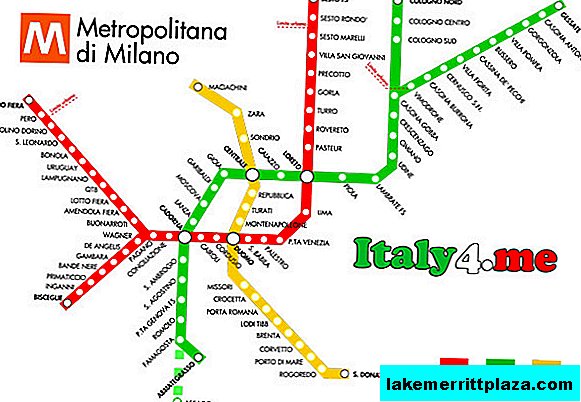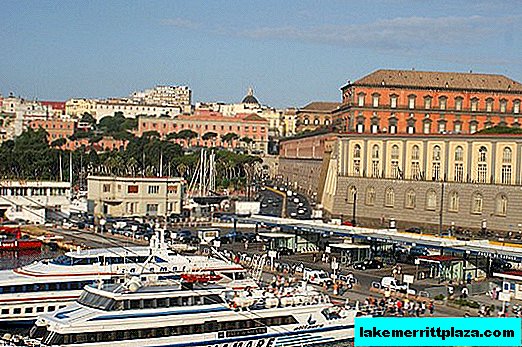"We will not survive only on tickets"
The municipality of Milan is preparing a decree: large companies will have the opportunity to add their name to the name of the metro station in exchange for investment and assistance in the modification. But not everyone agrees with this decision. Basilio Rizzo, President of the Municipal Council: “The city is not for sale”
The project is designed for all one hundred stations of the Milan metro. His task is not only to improve the quality of the subway, including through the investment of private companies, but also, finally, to deal with the cadastre of enterprises. After all, it does not include at least 116 stores operating in the Milan metro.

Entering into a special cadastre of half of the existing stores that have not yet been accounted for in it is only the initial stage of the project. This multi-way game will unfold at the stage of modification of the stations, when the hunt for sponsors begins.
The latter are attracted by the possibility of attaching the name of their company to the name of the station. Of course, temporarily: for a year or two. And in exchange for money or an overhaul of the interior, as Pierfrancesco Maran, a member of the city transport department, explained.
Because “we cannot expect that in the future public transport services will be based solely on ticket sales. We do not want to raise tariffs again, which means we must develop a strong strategy for generating alternative incomes."
The idea of branding subway stations is not new. For example, in Rome this fall, Termini station was renamed Termini-Vodafone. And by the way, the same Vodafone in Madrid paid about three million euros for two-year branding of the Puerta del Sol metro station.
Direct control over the project will be taken over by Milan's public transport management ATM. It is assumed that the decision on the search for sponsors will be published in the coming weeks. But now, some individuals are expressing their disagreement with the project. So, the president of the municipal council, Basilio Rizzo, is against "the elements of the city losing their uniqueness: temporary sponsorship, this is good, but the city’s identity is not for sale." And the president of the transport commission, Carlo Monguzzi, demands that "credible sponsors be impeccable in terms of ethics and openness to business."
Download detailed metro map in Milan PDF format
It should be mentioned that such a global metro modernization is primarily associated with the holding in 2015 of the world exhibition Expo 2015 in Milan.

And to make it easier for the city guests to navigate, a decision has already been made to rename some stations located in key tourist areas. The names will be replaced by three stations of the new M5 line and one station of the M2 line: now the Bignami station will become Bignami-Parco Nord, San Siro Harar-Dessié will be renamed San Siro-Stadio, San Siro Trotter will change to San Siro-Ippodromo and Abbiategrasso will change to Piazza Abbiategrasso. At six more stops along the M5 line and two along the M1 line, additional direction indicators will appear.








